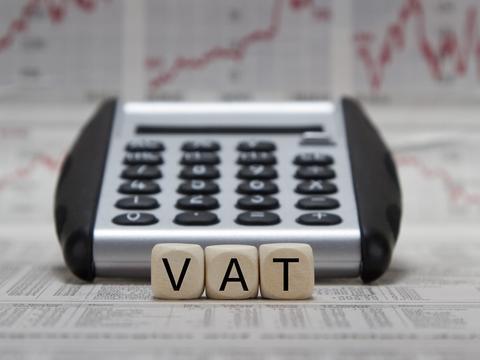Does VAT apply to partnership buy-in?
An individual is buying into a partnership. The partner in charge of its finances says VAT must be added to the asking price but her accountant says it’s a transfer of a going concern and so not VATable. Who’s right?

Partnership reorganisation
The partnership our individual is joining is a general partnership formed under the Partnership Act 1890. Tricky tax issues can arise when partners leave or join, or they change how they share profits. HMRC’s Statement of Practice D12 tackles most of these but doesn’t touch on the VAT consequences of a partnership reorganisation.
Direct tax v VAT
For direct tax, a partnership reorganisation, e.g. where one partner reduces or increases their share of the business, is considered by HMRC to involve a transfer of all or part of each asset owned by the partnership which may result in capital gains tax bills. You would think the same pattern would be followed for VAT but it takes an entirely contrary approach.
Not a transfer of assets
For VAT purposes, HMRC’s view is that a reorganisation where there is a change in ownership of the partnership assets is not a supply of those assets and neither is it a supply of services. This different approach to direct tax follows a court ruling.
Transfer of going concern?
You might think that a change in the ownership structure of a partnership’s business would be a transfer of a going concern (TOGC) and as such a supply which is outside the scope of VAT. However, a partnership reorganisation doesn’t meet the conditions for it to count as a TOGC. The main condition a reorganisation fails to meet is that “where only part of a business is sold it must be capable of separate operation” . A share in partnership assets clearly isn’t capable of operating as a business by itself.
No supply
The admission of a partner (or other reorganisation of partnerships profit sharing arrangements) doesn’t involve a supply for VAT purposes. This was decided by the European Court of Justice in 2004. For VAT to apply to a transaction there must be both consideration (payment) and a supply of goods or services. The court ruled that the granting of an interest in partnership assets and profits is not a supply of either. That means the partnership must not add VAT to the price of admittance for the new partner.
There is a “deemed supply” by an incoming partner if they pay for their admission to the partnership with goods or services, but only where they are VAT registered, or liable to be registered, and the goods that are used as payment for entry into the partnership are subject to VAT. For example, if instead of cash our individual transferred a property to the partnership worth £120,000, and she had previously opted to tax (charge VAT) the property, she would have to account to HMRC for VAT of £20,000 (£120,000 x 20/120).
Related Topics
-
HMRC bungles 2026/27 PAYE codes for pensioners
For some pensioners, the 2025/26 winter fuel payment should be collected via their 2026/27 PAYE code. HMRC has started to issue PAYE codes for the new tax year, but the extra charge is missing. What's going on?
-
Are you including too much income in your calculations?
Your business is partly exempt and you claim input tax on your mixed costs and general overheads by using the standard method based on turnover splits. What income should you exclude from the calculations?
-
Electronic VAT return





 This website uses both its own and third-party cookies to analyze our services and navigation on our website in order to improve its contents (analytical purposes: measure visits and sources of web traffic). The legal basis is the consent of the user, except in the case of basic cookies, which are essential to navigate this website.
This website uses both its own and third-party cookies to analyze our services and navigation on our website in order to improve its contents (analytical purposes: measure visits and sources of web traffic). The legal basis is the consent of the user, except in the case of basic cookies, which are essential to navigate this website.